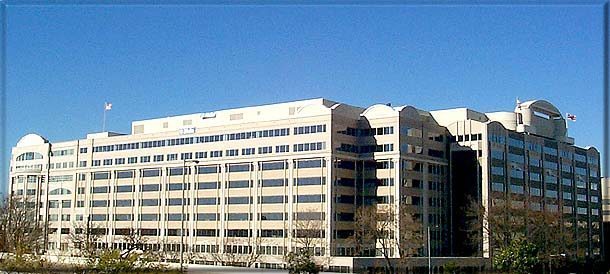As the debate regarding net neutrality heats up ahead of a Federal Communications Commission vote later this month, corporations and federal lawmakers are engaged in a tug-of-war that seeks to balance private interests with public policy.
RCR Wireless News contributor Jeff Hawn spoke to George Foote, a partner at the Washington, D.C.-based law firm Dorsey &Whitney, about net neutrality, telecom policy and what’s in store for the FCC in 2015.
Foote described net neutrality as a confusing topic hinged on, among other things, an Internet service provider’s ability to control access to content. He gave the example of Netflix hypothetically having its streaming video service throttled by Verizon Communications.
President Barack Obama and possibly FCC Chairman Tom Wheeler are in favor of regulating the Internet under Title II, which has traditionally applied to wired telecom.
“What putting Title II regulation in place would do,” Foote said, is “let everybody know that there is a framework, that at some point the FCC has already taken the hard steps to set the boundaries and would be able to step in and say that some particular action is out-of-bounds.”
Title II could also allow the FCC to more closely regulate access to infrastructure. For example, as Google rolls out its fiber-optic Internet service in some markets, traditional carriers are blocking the company from accessing utility poles.
According to Foote, Title II would “also bring within the scope of FCC regulation certain use of infrastructure. Section 224 of the Communications Act guarantees access to telecom poles, but if you’re not a telecom or cable company, you don’t have that guaranteed access. ISPs are not covered by the law. So Google … would obtain the advantage of enforcing its access to utility company poles.”
He continued: “Let’s be more precise. I’m not sure Title II regulation would do a field-leveling exercise for new entrants. It would certainly make the poles more available, and would give the Internet service providers treatment as telecom carriers and therefore put them closer to the radar screens of the FCC. It would depend on the wording. Guaranteeing access would reduce the number of situations that a small company would consider anti-competitive.”
Foote said that the rapidly evolving telecommunications industry no longer fits into the narrow purview of the regulations dating back to the enactment of the Communications Act of 1934 and earlier laws dating all the way back to 1912.
“We’ve learned a lot since then, plus we’ve seen successful deregulatory schemes,” he said. “Look at the airlines. Who would think the degree of airline regulation today would expand to setting prices? Nobody. We realize the market for pricing works fine there. We’ve learned a lot about how to deregulate and operate in a deregulated environment, and we are much better than we were 20 years ago, and certainly 100 years ago, at knowing how intrusive regulations should be.”
Foote also commented on the differentiation between policy and politics as applied to the ongoing dialogue.
“It is a political football, and it can’t help but be one, but it doesn’t have to be one. I think there are some grounds for optimism. If you co-compare the reported Wheeler Title II position with the bill that [U.S. Rep. Fred Upton (R-Mich.) and U.S. Sen. John Thune (R-S.D.)] introduced, you see a lot of common ground there. If you focus just on the substance, there is room for grownups to agree, especially in light of the fact there isn’t a current problem we need to address.”

